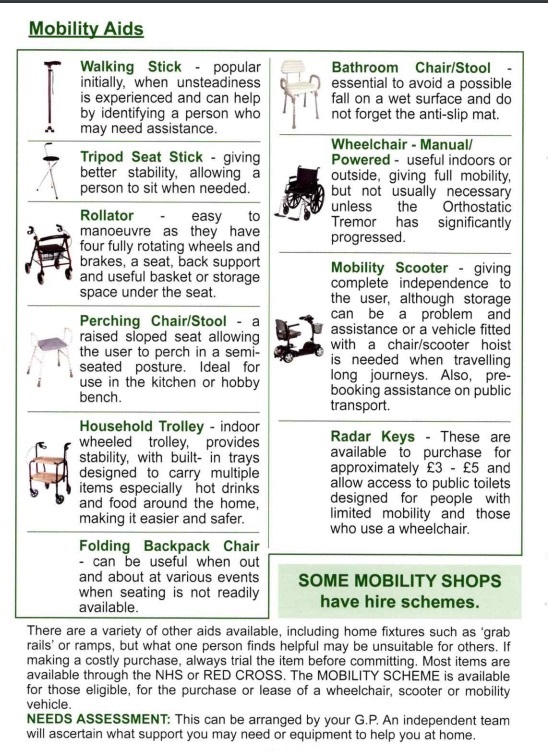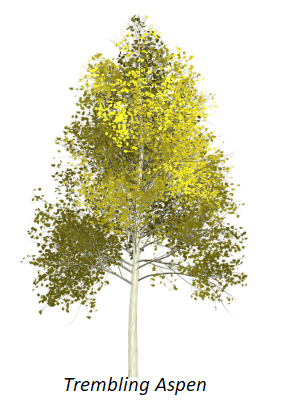P-L-A-N
P– Prepare
L– Leave enough time
A– Arrange in advance
N– Neutralise a problem
Effects
This rare condition generates:
- Changes in Lifestyle
- An Unremitting Tremor
- Limited Mobility
- Progression of Symptoms
- Social Isolation
- Other possible medical conditions
- Depression
- Stress, anxiety even exhilaration can exacerbate the symptoms
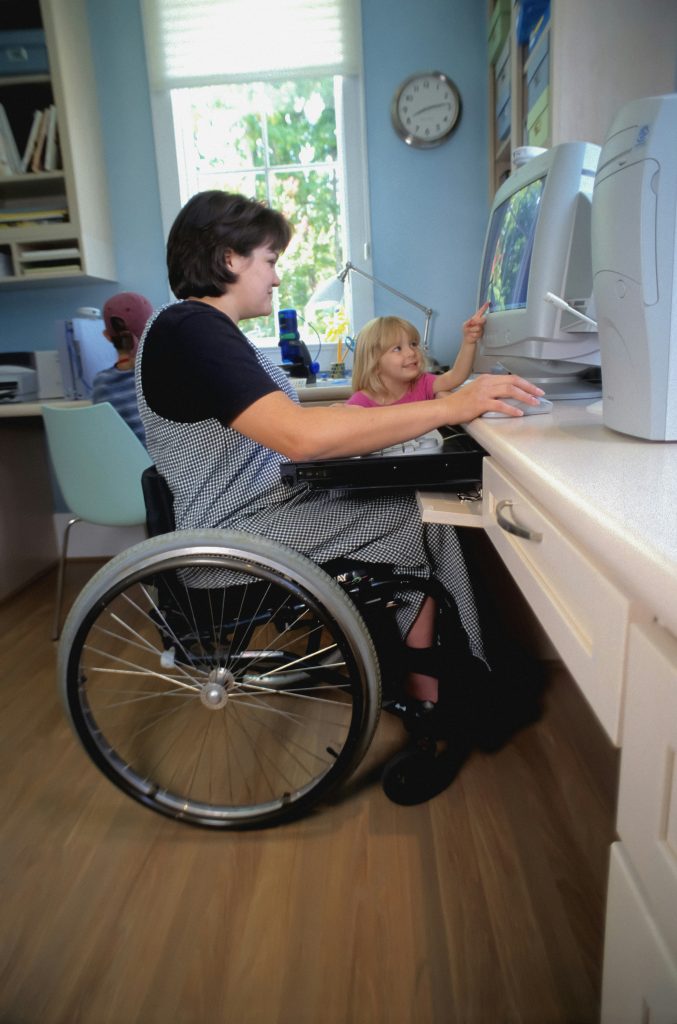
Treatments
There is no known cure or recognised treatment for Orthostatic Tremor, but patients can be prescribed medication, which is primarily used for Parkinson’s or Epilepsy, to alleviate symptoms.
- Clonazepam
- Gabapentin
- Lyrica
- Primidone
- Propranolol
- Levodopa
Every patient reacts differently to drugs and the assessed benefits vary, also it is dependent on the possible side effects. Other medication may be advised. Please don’t he
Coping Skills
- Make a list of daily priorities and tasks; it is not important if you do not achieve them all.
- When not at home, wear a ‘Hidden Disability’ Sunflower Lanyard (see below). These should be recognised by staff in shops, healthcare workers, on public transport, train stations and airports, where extra help may be of benefit.
- Book a wheelchair or mobility scooter from a town centre Shopmobility centre, or venue which offers these aids, before visiting.
- Research venues for accessibility and parking facilities.
- Pre-plan journeys, book tickets ahead and request airport or train journey assistance.
- Use online or telephone shopping sites and have your groceries delivered.
- Place a chair in suitable locations around your home, and install rails, or handles.
- A kitchen stool is useful and cupboards that have been arranged so items most used are easy to access.
- Bathroom safety is essential, a seat/stool for sitting including within the shower area or bath, grab handles and non-slip mats.
- Prepare a list of questions you wish to ask when attending an appointment with your GP/Neurologist
- Accept help when offered and always be proud, never feel embarrassed to ask for assistance whatever your target.
- Realise your limitations, do not cause yourself the stress and be happy you have completed a challenge.
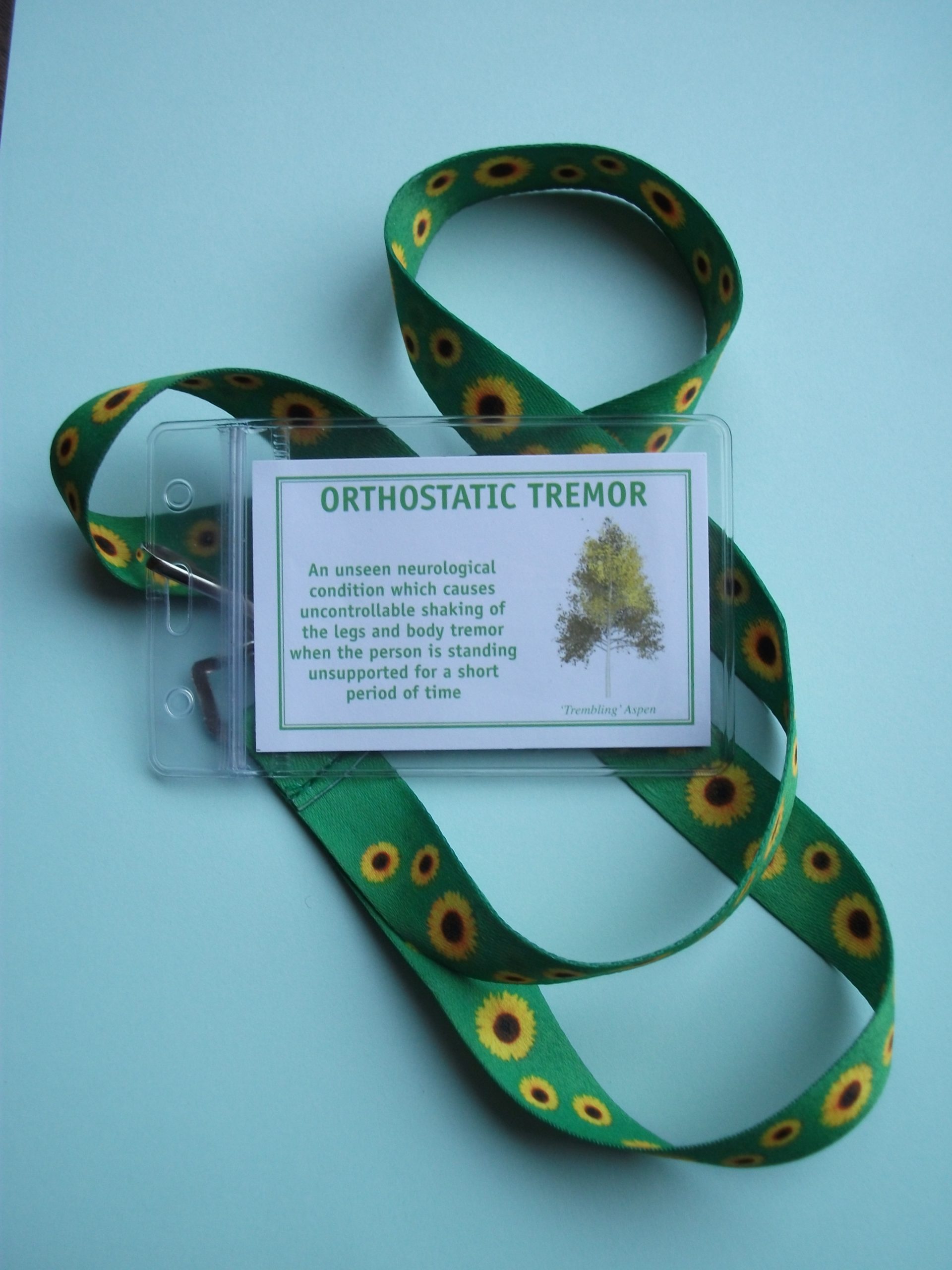
Rareminds Charity
Rareminds is a charity whose mission is “to provide affordable, timely access to highly specialised counselling for the rare disease community, and campaign for recognition of the importance of specialist mental health support by informing policy, practice and promoting standards of excellence” [from their website rareminds.org].
After a presentation to our annual meeting the charity has provided a document Living with Orthostatic Tremor – You and Your Emotional Wellbeing
Alternative Therapies
These include positive thinking, a healthy diet and exercise within the limits of your capabilities.
Please consult your GP or consultant before taking part in any individual therapy and always choose someone who is fully qualified. Participation will depend on your level of O.T. progression. Activities are a useful discussion among other group members.
- Walking
- Cycling
- Swimming
- Pilates
- Tai Chi
- Yoga
- Seated Yoga/Exercises
- Chiropractic Therapy
- Reflexology
- Remedial Massage
Many activities are discussed and evaluated by group members. Click/Tap here for suitable exercises on the NHS website (external).
Paul Elliott
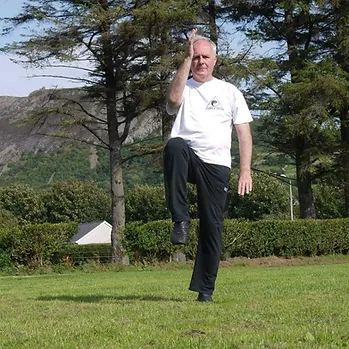
Paul Elliott has a diagnosis of Orthostatic Tremor and is a member of the Orthostatic Tremor UK Support Group.
He is a Martial Arts instructor and shares his experience of using Tai Chi and Reiki which he has adapted to help those with Orthostatic Tremor and as a qualified instructor, he offers an online Zoom class, teaching fellow O.T. members Tai Chi.
These exercises are very good at strengthening the leg muscles which are of great benefit physically and maintaining the core balance. As Paul has the same condition, he is very understanding of the need to sit, but encourages those taking part to stand and movements can be varied according to those with varying stages of Orthostatic Tremor.
Mobility Aids
